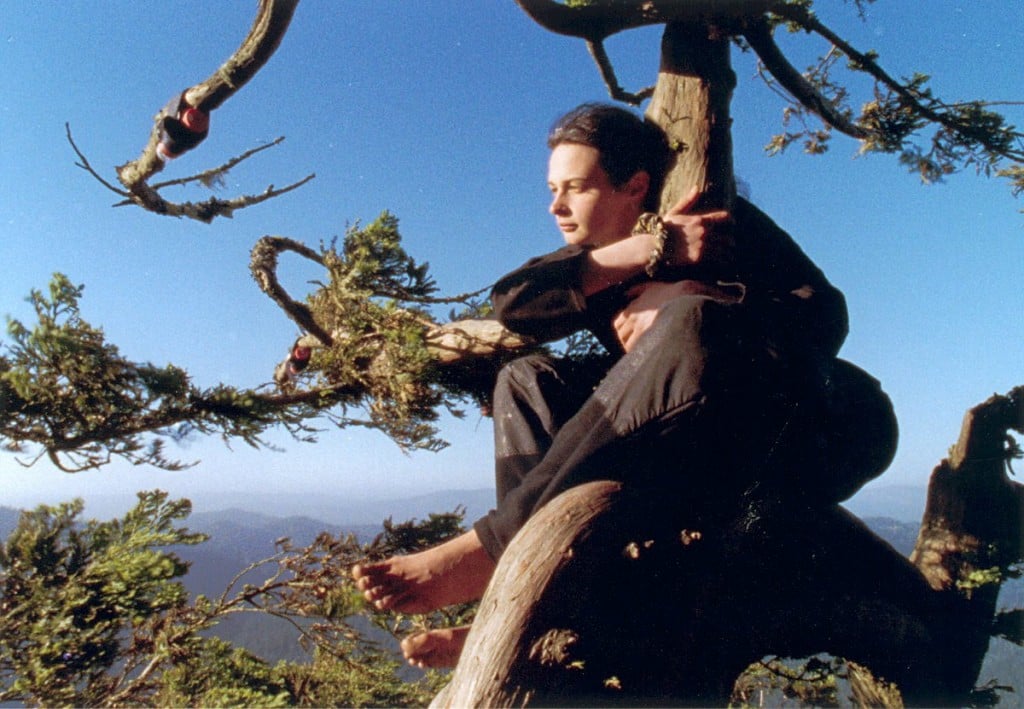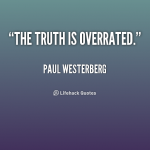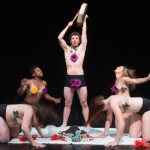I rarely reblog anything here, but I came across an article entitled, “To Rust Metallic Gods: An Anarcho-Primitivist Critique of Paganism”, published at Hasten The Downfall, and I have been wanting to share it for months now. This article spoke to both my dissatisfaction with contemporary Neo-Paganism (which arises mostly from the influence of occultism) and my belief in its potential (which is centered around its interaction with neo-animism). The salient part of the essay is excerpted below:
“… While I find some personal value in the Five Elements notion, many Wiccans [I would substitute “Neo-Pagans” or “Wiccanate Pagans” here] allow it to emphasize abstraction and reductionism, disconnecting themselves from the multitude of real life elemental manifestations.
“… Wicca has many sacred ritual implements, including broomsticks, candles, cauldrons, chalices, crystals, daggers, grimoire, incense, pentacles, and wands. Most of the rituals however continue the pagan legacy of separation, in that they have no bioregional root. If Wicca can perform its rituals on a space station, with no biosphere, does it really count as “nature worship” at all? We must acknowledge the spectacle of “invoking” or “summoning” elements, familiars, spirits, or deities in this way, versus direct and intimate relationship with the living wildness. Paganism, as a pastoral-agrarian phenomenon, meant subduing lands and subjugating species. Nature became abstract, alien, outside. Monstrous and threatening. Pagans ritualized from a sense of lost connection, while still maintaining separation. Paganism substituted the symbolic for the sensory. Neo- paganismand Wicca perpetuate these flaws.
“So where does this leave those of us of European descent, who wish to live a more “spiritual” and earth-centered existence? I invite pagans to deepen their bonds to wildness and vitality, to hone sensation more than honor symbols, to root into place. Rather than treating the elements as mystical and external, find your strand in life’s web of relations. Go back to the source. Toward wildness directly. Toward animism. Greco-Roman and European paganism all contained animist aspects, since paganism arose from animist roots. Many folk tradition components may yet have redeeming value. Not necessarily the obsession with monstrous outsiders like dryads, dwarves, elves, giants, kobolds, nixies, nymphs, wyrms, or werewolves, but special connections to springs or stones or trees. Many accounts indicate Indo-European worship of sun, fire, and moon directly. Appreciation for lunar and solar cycles. Solstice and equinox celebrations. Reverence for rivers, forests, marshes, hills. Altars and shrines for local spirits. Feasts, bonfires, and revelry. Rites of passage. Sounds kinda nice without all the focus on crops, livestock, cities, royalty, and war. The animist aspects still prove viable.
“… Animism arises from empathy, intimacy, kinship, self-transcendence, sensuality. Animism means to approach a landbase with child-like wonder, to approach the world openly. Open to anomaly, not bounded to archetype. A non-dualistic approach to subject and object, matter and spirit. Each year civilization brings more precise control, more imposed order. Bind your heart to your landbase. Feel its pulse, bear its scars. To sanctify domestication means to renounce wildness. To sanctify the urban means to extinguish vitality.
“I could point the reader to various writings on animism—and I have my own in the works—but I’d just as soon advise: place your hands in moss and soil. Feel a river’s flow. Watch the dance of dragonflies. Behold the wonder of thunder and lightning. Speak with birds, hear their song. Conjure fire by friction. Feel the movement of wind. Practice tracking and botany. Chant and sing and dance together around campfires! Forage! Climb a fucking tree! Whatever you do, do not adapt to the cage of the city with rituals of alienation. To rust metallic gods means to resist that which eradicates wildness and vitality. Free your feral heart, and find kinship among the bonfires. For ruins, not runes.”
The author’s injunction to “climb a fucking tree” is inspired by Comrade Black’s essay, “Neo-Paganism is Not the Answer – Climb A Fucking Tree”, published at Profane Existence. Where the Hasten The Downfall article was critical of Wiccanate Neo-Paganism, Black takes aim at polytheistic reconstructionism:
“More and more people have begun to reject Christianity, Islam, and other monotheistic religions, and are instead turning towards what are seen as older, earth based forms of spirituality.
“Meanwhile we live in a society where 90% of the old growth forests have been cut, as the world around us becomes increasingly synthetic, polluted, and urbanized. In response there has been a growing interest in European polytheistic religions as alternative to the hierarchies of the church with it’s gnostic abstracted concepts.
“However these polytheistic religions are often just as problematic as what is being rejected.
“… The reality is that before there was polytheistic religions that worshiped symbolic gods of the harvest, war, fertility, or death, there was an older non-theistic religion based in place. If you want to worship nature, you don’t need a sunwheel, pentacle, or a goddess to do so – go out and climb a fucking tree, sit in its branches, learn ecology, listen to the wind rustling the leaves through the branches, watch the squirrels, strip naked and swim in the river as the sun sets. Then do whatever it takes to stop those fuckers who wanna cut that tree cause all they see is dollar signs. You don’t need a European god or goddess to tell you life is sacred.”
Not all Pagans are interested in practicing a nature religion. But I am. And I know many others are. And these authors speak to my longing for a more primal spirituality: a spirituality not of the gods and goddesses of the Earth, but of the Earth itself — and of earth, of dirt, of humus-rich loam — a spirituality of place, a spirituality of wildness, a spirituality of the tangible, a spirituality of life.
Grok Earth. Praise to the Mama! Thou Art Goddess.













